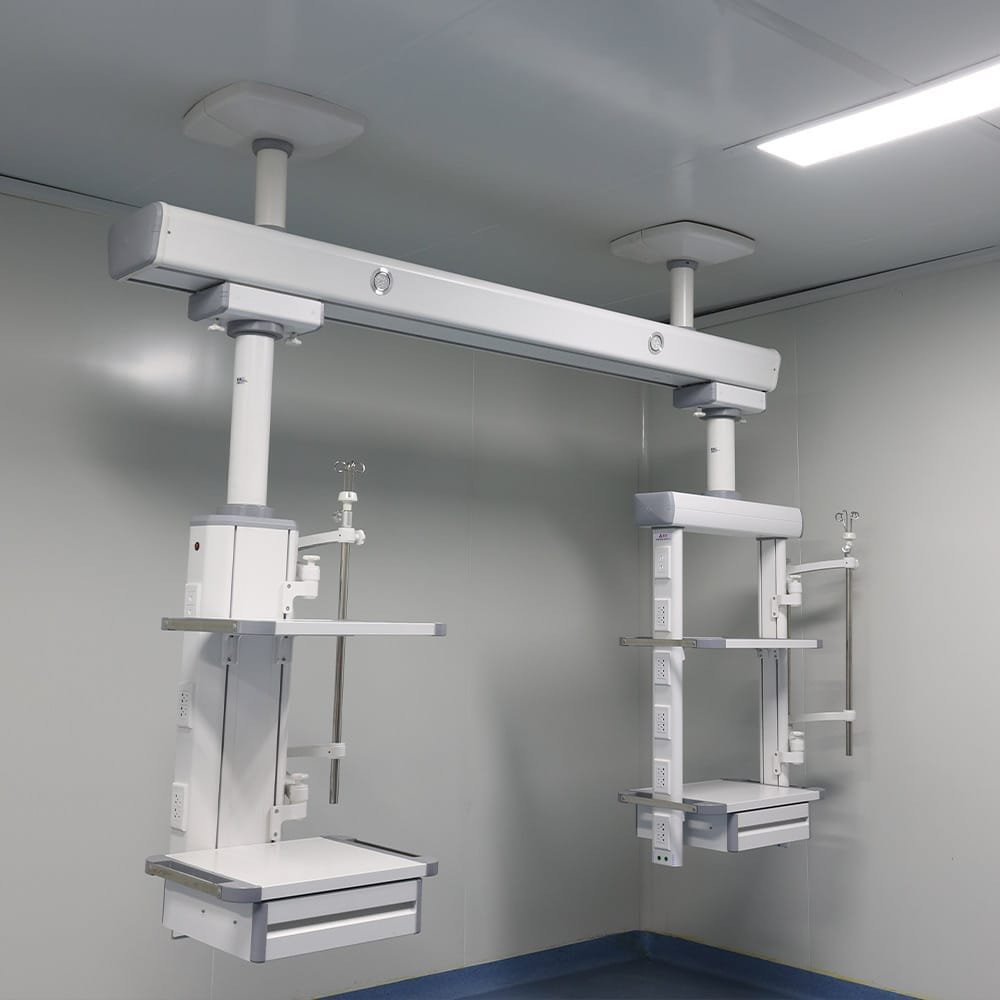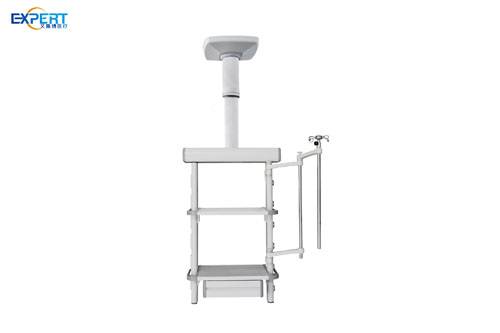Die Anschrift
304 Nordkardinal St.
Dorchester Center, MA 02124
Arbeitsstunden
Montag bis Freitag: 7:00 - 19:00
Wochenende: 10:00 - 17:00

In an age where technology significantly enhances our daily lives, medic pendants have emerged as vital devices for individuals with medical conditions. These compact, wearable devices provide a sense of security, ensuring that help is always a button press away. This comprehensive guide explores the benefits, features, and considerations for choosing the best medic pendant, highlighting how these devices can be true lifesavers.
A medic pendant is a small, wearable device designed to alert emergency services or caregivers in case of a medical emergency. Typically worn as a necklace, bracelet, or clipped to clothing, these devices are equipped with a button that, when pressed, sends a signal to a monitoring center or directly to emergency contacts.
Medic pendants provide a critical safety net, especially for seniors and individuals with chronic medical conditions. Knowing that help is readily available allows users to maintain their independence longer.
In an emergency, every second counts. Medic pendants ensure that users can quickly alert emergency services, reducing the time to receive medical attention and potentially saving lives.
Family members and caregivers can rest easier knowing their loved ones have an immediate way to call for help. This peace of mind is invaluable, especially for those who cannot be physically present with the user at all times.
Designed with simplicity in mind, medic pendants are easy to use, even for individuals with limited mobility or cognitive impairments. The straightforward design ensures that anyone can operate the device in an emergency.
Many medic pendants allow customization of alerts and monitoring options, such as notifying multiple contacts or setting specific parameters for when to send alerts (e.g., only when a fall is detected).
Consider the specific needs of the user, such as mobility, health conditions, and lifestyle. For instance, individuals prone to falls might benefit from a pendant with automatic fall detection.
Look for essential features that match the user’s requirements. The table below compares some popular medic pendant models based on key features.
| Modell | Emergency Button | Two-Way Communication | GPS Tracking | Fall Detection | Water Resistance |
|---|---|---|---|---|---|
| Life Alert | Ja | Ja | NEIN | NEIN | Ja |
| Medical Guardian | Ja | Ja | Ja | Ja | Ja |
| Bay Alarm Medical | Ja | Ja | Ja | NEIN | Ja |
| MobileHelp Solo | Ja | Ja | Ja | Ja | Ja |
| ADT Health | Ja | Ja | Ja | Ja | Ja |
While safety is paramount, cost is also a crucial factor. Consider the initial cost of the device, monthly monitoring fees, and any additional costs for features like GPS tracking or fall detection.
User reviews and testimonials can provide valuable insights into the reliability and effectiveness of different medic pendants. Look for reviews from individuals with similar needs to ensure the device will meet your expectations.
Healthcare providers can offer recommendations based on the user’s medical history and specific health needs. Their insights can help in selecting a device that provides the most benefit.
When the user presses the emergency button, the medic pendant sends a signal to a monitoring center or designated emergency contacts. In devices with two-way communication, the user can speak directly with a responder.
The monitoring center assesses the situation and dispatches emergency services if needed. Some systems also notify family members or caregivers, providing a comprehensive response.
For devices equipped with GPS, the location of the user is transmitted along with the alert, enabling responders to locate and assist the user more efficiently.

Mrs. Thompson, an 80-year-old widow, lives alone. She wears a medic pendant with fall detection. One evening, she slipped in the kitchen. The device detected the fall and sent an alert to the monitoring center. Paramedics arrived within minutes, and Mrs. Thompson received prompt medical attention for her hip injury.
Mr. Davis, a 65-year-old with a history of heart disease, uses a medic pendant with two-way communication. During a cardiac episode, he pressed the button and was immediately connected to a medical professional. Emergency services were dispatched, and Mr. Davis was treated in time, avoiding a potential heart attack.
Medic pendants are invaluable devices for individuals with medical conditions, providing immediate access to help and enhancing safety and independence. By understanding the features, benefits, and how to choose the right device, you can make an informed decision that ensures peace of mind for both users and their loved ones.
A medic pendant is a wearable device that allows individuals to alert emergency services or caregivers in case of a medical emergency by pressing a button.
When the emergency button is pressed, the pendant sends a signal to a monitoring center or emergency contacts. Devices with two-way communication allow the user to speak directly with a responder.
While primarily used by seniors and individuals with medical conditions, medic pendants can benefit anyone who may require immediate assistance in an emergency.
Most medic pendants require a monthly fee for monitoring services. The cost varies depending on the features and services provided.
Many medic pendants are water-resistant and can be worn in the shower, a common location for falls. Check the specifications of the device for water resistance details.
Fall detection technology has improved significantly but is not infallible. Some devices may send false alarms or fail to detect certain types of falls. It’s important to choose a reputable brand and understand the limitations of the technology.
Battery life varies by model. Some devices have rechargeable batteries that last several days, while others need to be replaced every few months. Regularly checking and maintaining the battery is crucial for reliable operation.
If the pendant fails to send an alert, ensure it is charged and properly connected to the monitoring service. Contact customer support for troubleshooting or consider replacing the device if issues persist.
Yes, many medic pendants with GPS tracking can be used outside the home, providing protection wherever you go. Ensure the device’s range and connectivity meet your needs.
Some insurance plans and Medicare Advantage plans may cover medic pendants or offer discounts. Check with your insurance provider to see if you qualify for coverage or reimbursement.
